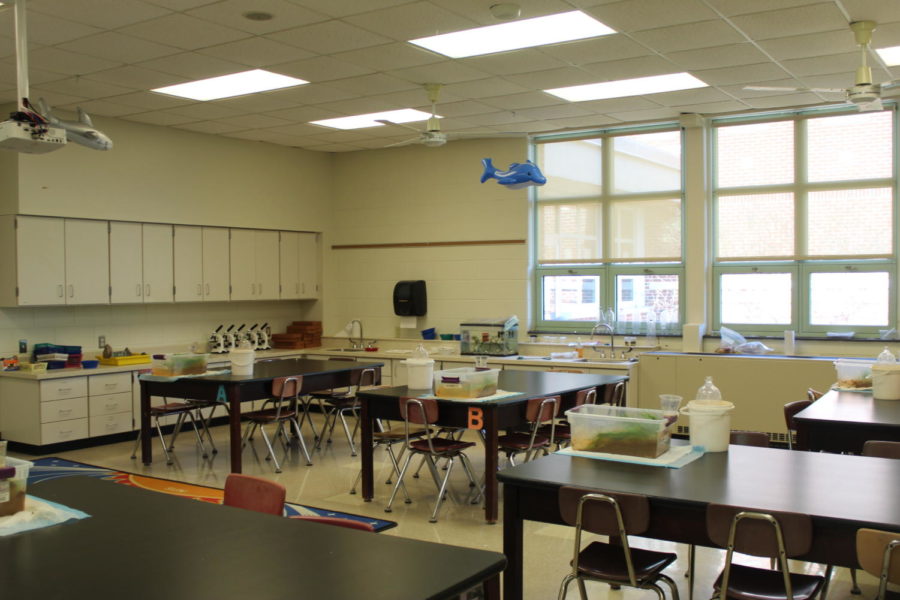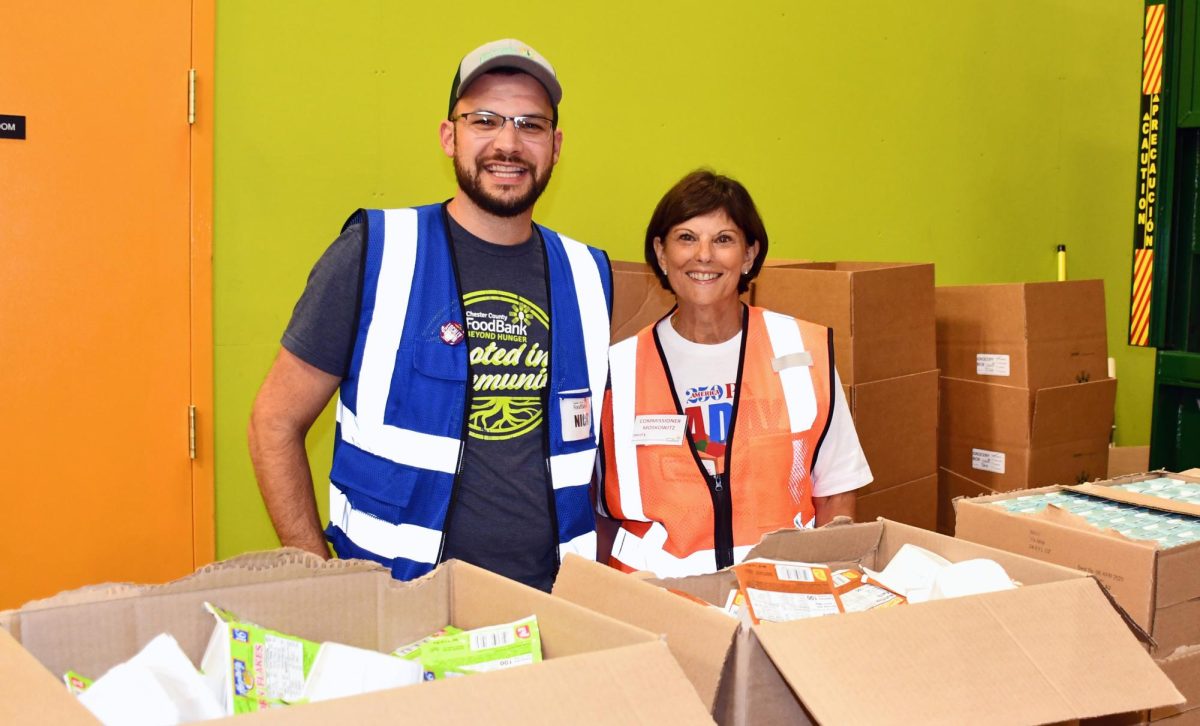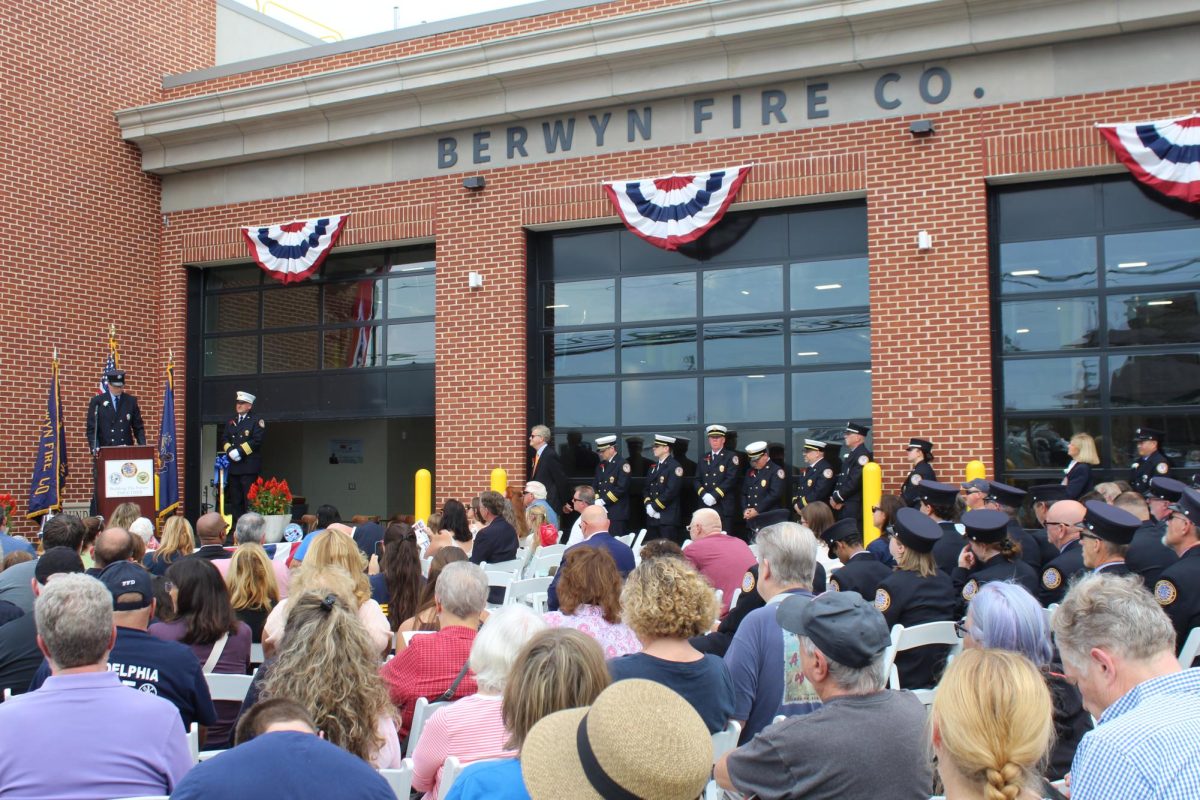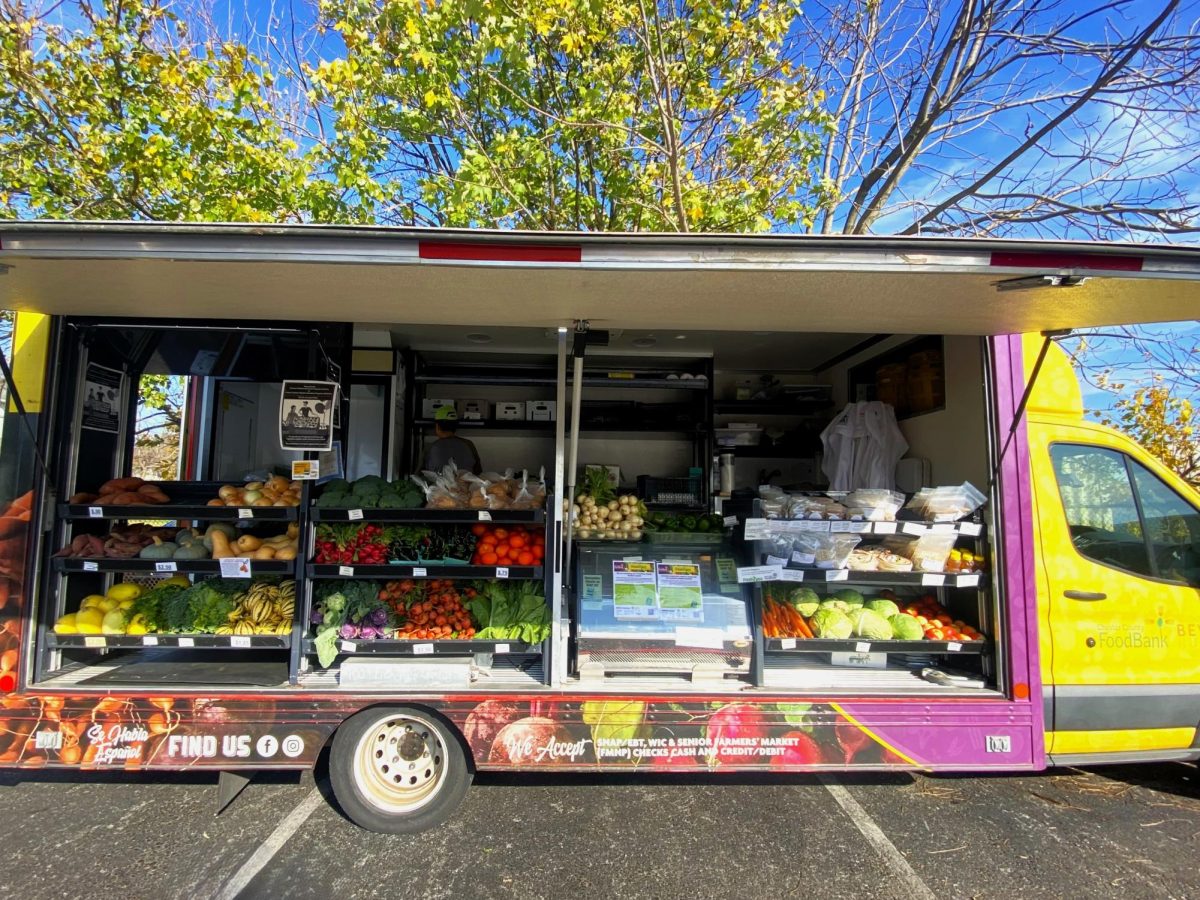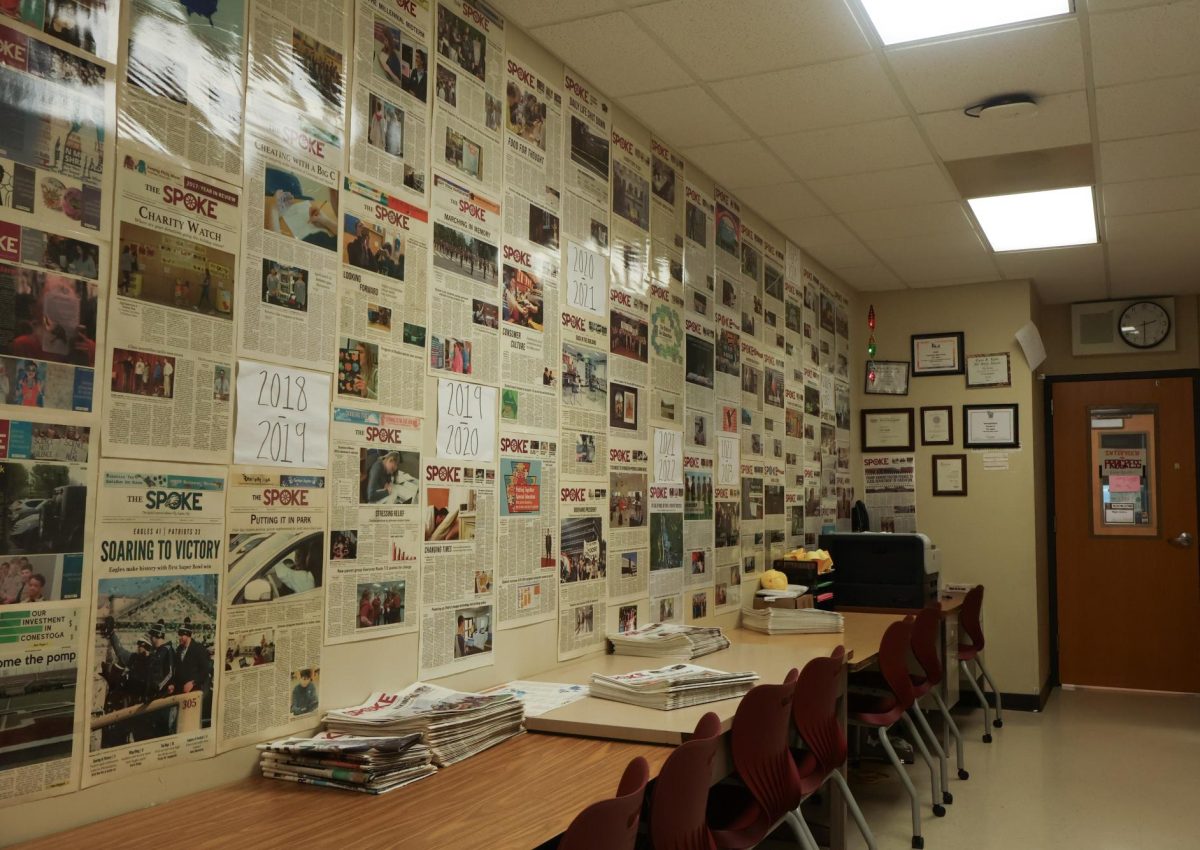Story by Saktisri Gowrishankar, Staff Reporter
Package by Rowan Chetty, Co-Multimedia Editor
The Pennsylvania Department of Education has spent the last 10 years updating the state’s science curriculum standards, known as Science, Technology & Engineering, Environmental Literacy, & Sustainability standards (STEELS), and the Tredyffrin/Easttown School District has recently begun plans to adjust science curricula to these new standards.
In 2012, Pennsylvania implemented Next Generation Science Standards in various states, the result of a nationwide effort to improve science education, replacing the 1993 and 1996 standards. Pennsylvania spent an additional 10 years considering science curriculum needs, thus creating the STEELS standards. Schools will begin implementing the new standards state-wide by July 1, 2025.
TESD arranged pilots of new lesson plans and summer workshops for teachers to initiate the process. Kim Morris, the district’s science curriculum supervisor, is in charge of transitioning staff to the new curriculum.
“Science and technology and engineering and math; all of those subjects work together to solve a problem,” Morris said. “There is no one content area that can solve the problems that we have in society today, in and of itself. The new science standards are reflective of that collective understanding and integrative approach.”
The elementary schools will be getting a completely new curriculum, while the middle and high schools will see a few changes. All the changes emphasize a greater connection to the real world and incorporate more engineering and technology. Science PSSAs will move from fourth to fifth grade, and Biology Keystone exams will be updated to fit the new standards in the 2025-26 school year.
Staff are looking at the current curriculum and other districts’ changes to determine the best plan of integration. Morris hopes the new curriculum will encourage an interest in science for young students.
“My hope is that creativity will begin to come out even more (in the elementary school students), and they will be able to see themselves as scientists,” Morris said. “Not traditional scientists, but as someone who has a creative mind that can use all of these different content areas to come up with really viable solutions to problems that we have today.”
The Science Standing Committee, a group of teachers and staff across the district, are leading the curriculum changes across the district. Wendy Prothero, a second grade classroom teacher at Devon Elementary School and member of the committee, is a large proponent of the current lab-based and hands-on science curriculum, but recognizes that changes were necessary.
“I’m a little anxious about (the new curriculum) because change is hard. To have everything brand new in science is going to be challenging,” Prothero said. “I think it’s time for new standards. The old standards have been around for a long time, so I understand why we’re getting them, and I’m sure I’ll embrace them.”
Jake Tsang, a freshman in various science-related clubs, can still remember experiments from elementary school and said his passion for science started at a young age.
“I think science education is important because it’ll help create new future scientists who will find new technologies which help better the world,” Tsang said. “I think the more we focus on education and making it interactive and interesting, the more experience people will have and the more, hopefully, they’ll enjoy it.”
Rowan Chetty can be reached at [email protected].
Saktisri Gowrishankar can be reached at [email protected].




















































































